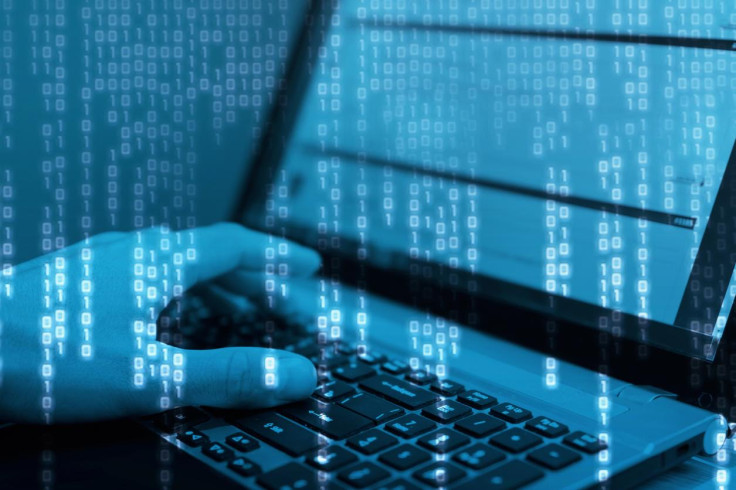Kim Jong-un's hacker army may step up cybercrime to offset losses incurred from China's coal ban
Experts believe that Pyongyang's elite state-sponsored hacker unit may be put to work to generate revenue.

North Korea's state-sponsored hacking may escalate in the near future in order to compensate for any potential losses as a result of China's recent coal import ban, experts say.
China stopped import of North Korean coal on 18 February following the assassination of Kim Jong-nam, the older half-brother of Kim Jong-un, who was believed to have had close ties with the Chinese leadership. The move is widely considered to be in retaliation for Jong-nam's murder, although such claims have recently been dismissed by Chinese state media. The suspension of coal imports is expected to significantly hit the nation's economy, as the revenue earned from coal exports goes to finance 50% of North Korea's imports.
However, some speculate that Pyongyang may now turn to its elite state-sponsored hacker squad to generate revenue. "Their illicit activities have always been highly adaptable," says Professor Sheena Greitens, an East Asia specialist at the University of Missouri, Time magazine reported. "Cybercrime would likely become a higher priority in the regime's eyes if other avenues of revenue generation are closed off."
According to the Korea Institute of Liberal Democracy in Seoul, North Korea has a 6,800-strong hacker unit, which has allegedly participated in various cybercriminal activities, including online gambling, fraud and blackmail operations.
In 2016 alone, numerous cyberattacks believed to be the work of North Korean hackers came to light. In September 2016, authorities in Seoul uncovered a string of email phishing and malware attacks believed to have been launched by North Korean hackers. In October, the US government deemed North Korea as one of its top threats in cyberspace.
Earlier in the month, security researchers uncovered a massive cyberespionage campaign targeting global banks, believed to be the work of Pyongyang-linked hacker unit, Lazarus group, also believed to be the same hackers responsible for the infamous Sony hack.
© Copyright IBTimes 2024. All rights reserved.






